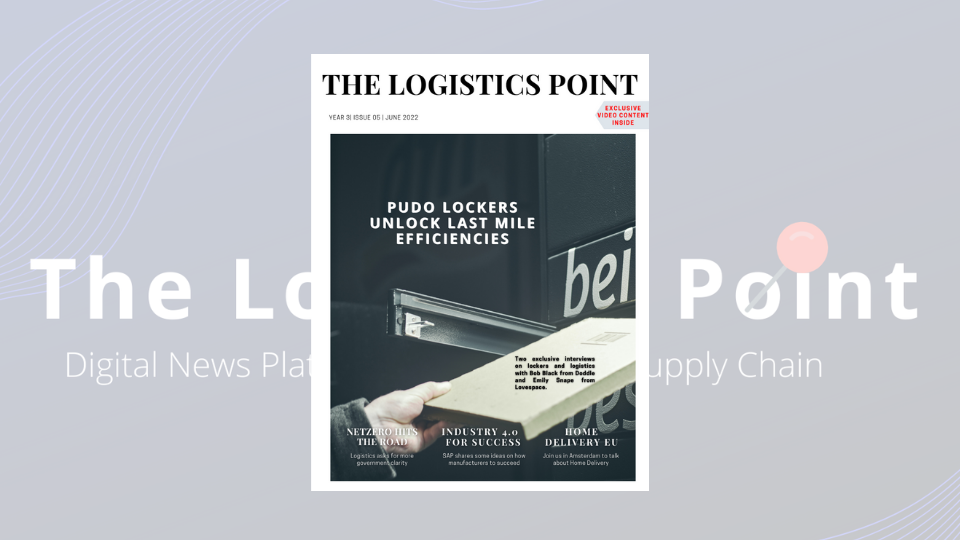As the UK haulage industry faces a perfect storm of rising fuel costs, inflation and recruitment issues, supply chain leaders appear to be turning to digital technologies.

Demand for haulage is soaring: according to Transport Exchange Group’s membership base of over 8,500 businesses, haulage bookings are up 13% year-on-year. However, soaring fuel prices are putting pressure on the industry – the director of Freight Link Europe stated this week that the cost to fuel a lorry is up £20,000 on last year.
Yet in the midst of surging demand and record-high fuel costs, the amount that haulage companies are charging for their services is stabilising. The average price-per-mile for haulage vehicles across the UK even decreased by 0.5 points between April and May, according to the TEG Road Transport Price Index.
The haulage industry has been one of the fastest digital adopters in recent years, helping the sector continue to thrive in the face of wider economic challenges.

McKinsey’s research on global supply chain leaders found that 84% had invested in digital supply chain technologies in 2020, and 92% plan to continue doing so moving forward.
The role of tech
Digital technologies can help to soften the impact of issues such as rising costs, additional bureaucracy and human resource management – as well as improving supply chain visibility, planning and disruption monitoring.
At the end of May, a £25 million industry-led project was announced, which will advance the development and adoption of cutting-edge digital technology to address supply chain challenges facing UK businesses.
The UK’s reliance on road freight is significant, with Britain’s hauliers responsible for moving 85% of the UK economy, according to the Road Haulage Association. Consequently, ensuring road transport runs as smoothly as possible is integral to Britain’s financial health.
Lyall Cresswell, CEO of Transport Exchange Group, says:
“The importance of digitisation to the logistics industry cannot be overestimated. Greater access to information like utilisation data can help transport and logistics companies and personnel to be more agile, allowing them to take advantage of changes in demand. There are huge efficiencies to be made, which can bring cost savings and increase profit margins.
“Although many in the industry have been slow to embrace digital tech, they’re now becoming digitally savvy and work in a more paperless environment. The Covid-19 pandemic gave many businesses a push in that direction – and now companies have seen the benefits of tech, they’ll be even more enthusiastic to adopt new innovations.”
The digital technologies powering haulage forward
Going paperless means less admin for everyone, removing pain points from daily routines and improving motivation. Vitally, it also speeds up processes. Having electronic PODs and invoicing saves time spent locating and grouping paper forms together. It also means nothing can be lost.
Communication becomes vastly more efficient when it’s structured through an app. Not only is it easier to redirect drivers as needed, but customers can also be kept in the loop regarding deliveries.
To do so, firms can use apps to keep track of multiple drivers and loads. While advanced analytics highlights real-time performance, it can also help companies see where they can improve in their operational planning.



